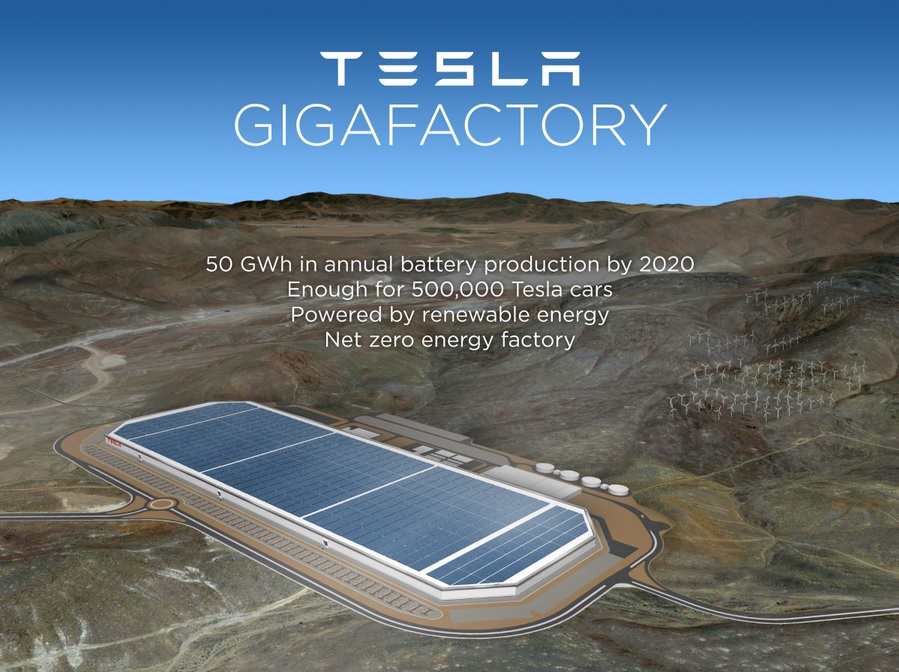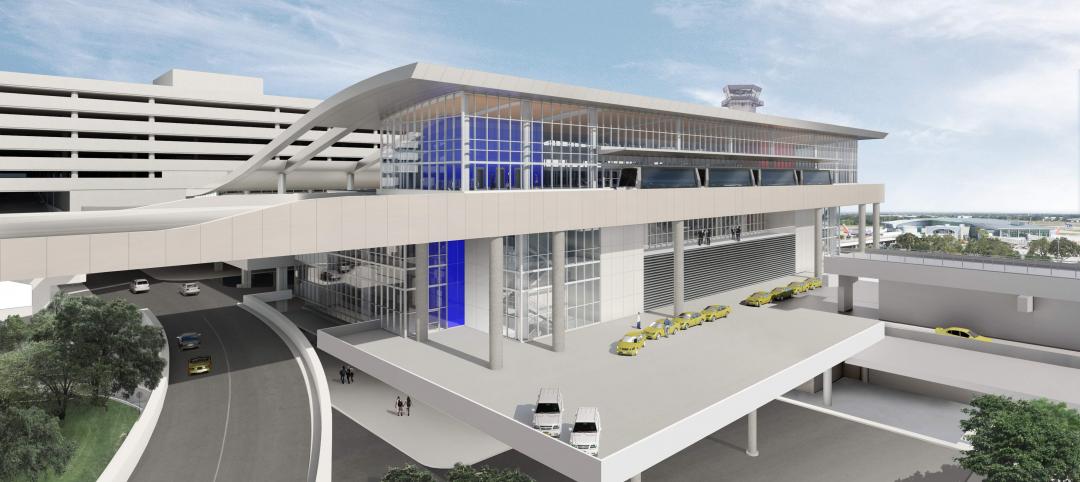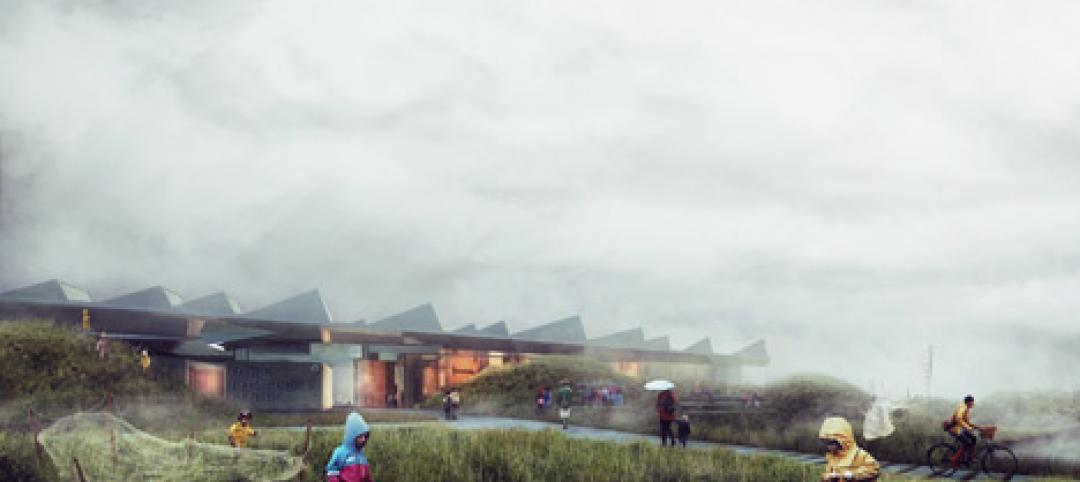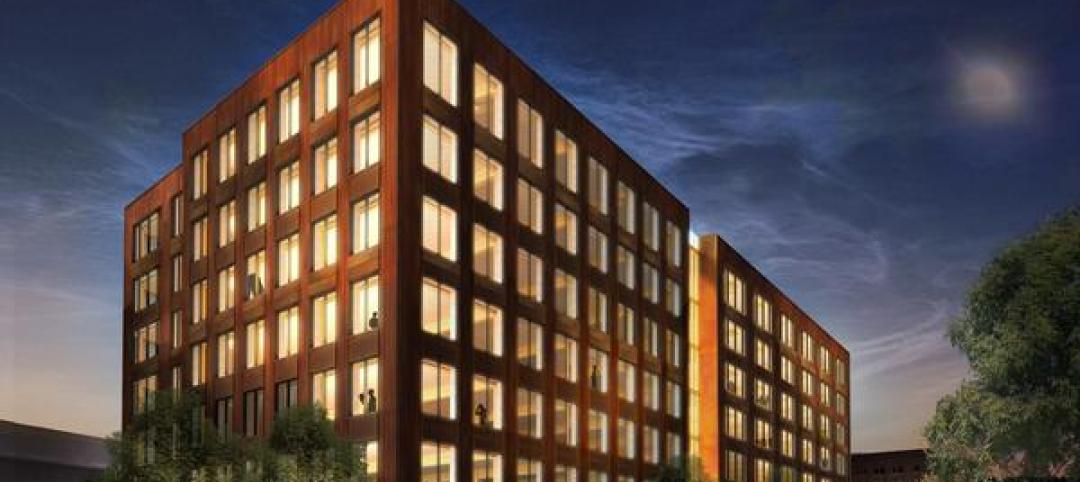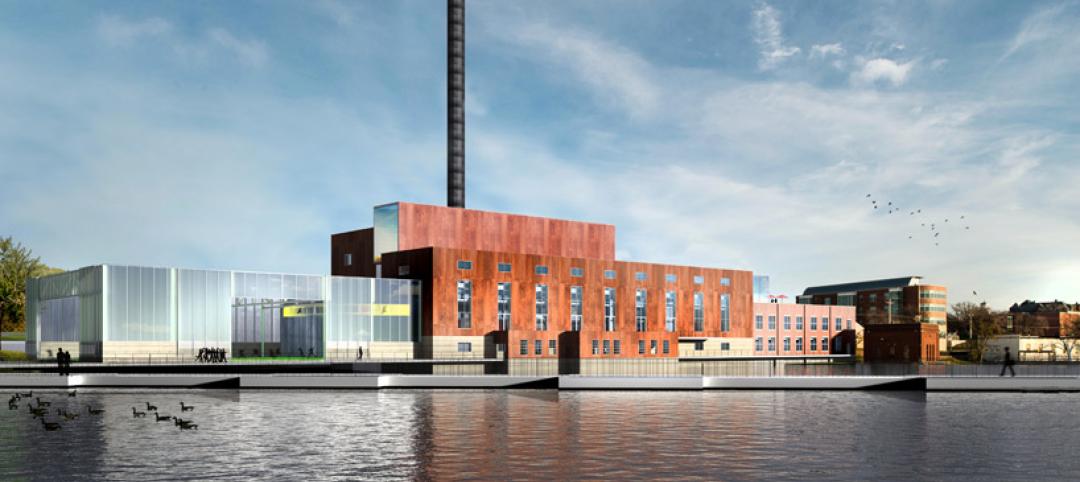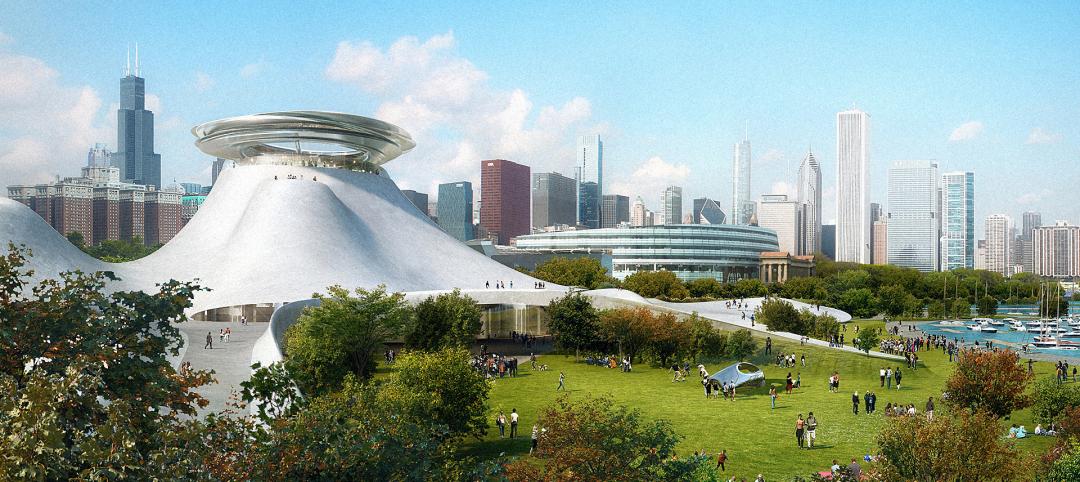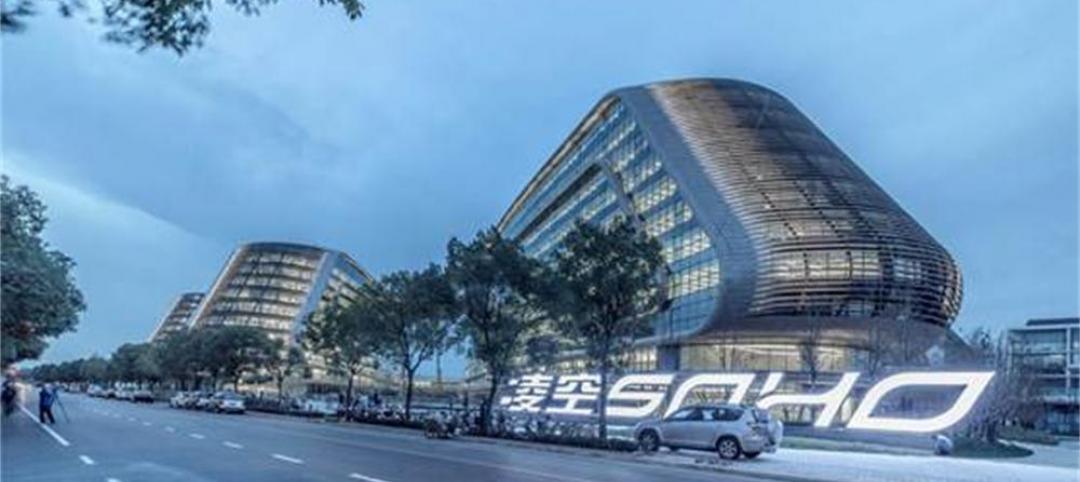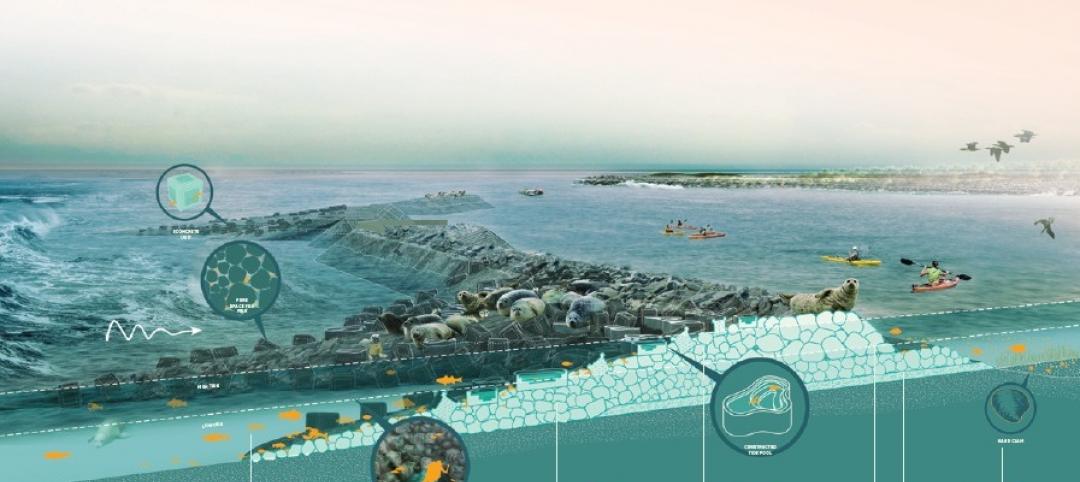Work has begun on Tesla Motors’ “gigafactory,” a $5 billion project on 980 acres in Sparks, Nev., that, when at full capacity in 2020, could annually produce 50 gigawatt-hours of lithium-ion batteries, or enough for 500,000 of Tesla’s electric cars.
Sparks, a suburb of Reno, Nev., was the winner in the gigafactory sweepstakes whose finalists were Fort Worth, Austin, Phoenix, and Albuquerque. Last September, Nevada Gov. Brian Sandoval signed a bill granting $1.3 billion in tax breaks to Tesla—including giving it the land for free—to build this massive plant, which at an estimated 5.5 million sf would be equal to 174 football fields.
Panasonic, which owns a portion of Tesla, last October said it would invest 10 billion Yen—or the equivalent of $92 million—into this project. The Wall Street Journal quoted Panasonic’s CEO, Kazuhiro Tsuga, who promised “installments of similar amounts” into this plant in the future. Currently, Panasonic supplies batteries for Tesla’s cars from its plants in Asia.
Elon Musk, Tesla’s CEO, says he expects Panasonic to contribute between 30% and 40% of the plant’s total cost. Tesla Motors will ante up half of the cost, and will manage the plant itself.
Tesla is building this plant to provide batteries for its Model 3 car, which is scheduled to go into production in late 2017 or early 2018. The plant would also provide batteries for Tesla’s Model S, and its upcoming Model X SUV. However, when this plant is scheduled to open is uncertain, as different news reports have said the opening could be in late 2016 or sometime in 2017.
The Nevada plant’s construction is projected to create between 20,000 and 22,000 jobs, and 6,500 permanent jobs. Over a 20-year period, the plant is expected to add $100 billion to Nevada’s economy.
Tesla’s goal is to produce batteries that are cheap enough for it to be sell its Model 3s for around $35,000. These batteries would also allow the electric cars to drive up to 200 miles before needing recharging.
However, given that Tesla sold between 33,000 and 35,000 cars globally in 2014, according to the website InsideEVs, its dreams of 500,000 units sales seem quixotic, especially given buyers’ lukewarm reception to all-electric cars so far.
To put this into some perspective, the two best-selling vehicle models in the U.S.—the Ford F-series trucks and Toyota Camry—sold 763,000 and 404,000 units in the U.S., respectively, last year, when a total of 16.5 million autos were purchased by American buyers. Toyota offers a gas-electric hybrid model, one of 47 hybrids from different manufacturers available in the U.S., where hybrids account for 3.2% of all light-vehicle sales.
Plug-in electric car sales in the U.S., on the other hand, rose above the 100,000-unit level for the third consecutive year in 2014, according to the website GreenCarReports.
Tesla doesn’t break out its U.S. sales, but given that its Model S starts at $70,000, one would think its market share is small. Nevertheless, the company is banking on a sizable increase in worldwide demand for electric cars. Last week Musk told CNBC that his company “should be able to produce a few million cars a year by 2025.” Tesla recently upgraded its plant in Fremont, Calif., to be able to produce 100,000 electric cars by the end of 2015.
Related Stories
| Nov 7, 2014
Tampa International Airport to Receive a Makeover
The extensive expansion project will cost $2.5 billion, with the first-phase being completed in three years.
| Nov 7, 2014
NORD Architects releases renderings for Marine Education Center in Sweden
The education center will be set in a landscape that includes small ponds and plantings intended to mimic an assortment of marine ecologies and create “an engaging learning landscape” for visitors to experience nature hands-on.
| Nov 6, 2014
Hines planning tall wood office building in Minneapolis
The Houston-based developer is planning a seven-story wood-framed office building in Minneapolis’ North Loop that will respect the neighborhood’s historic warehouse district look.
| Nov 6, 2014
Studio Gang Architects will convert power plant into college recreation center
The century-old power plant will be converted into a recreation facility with a coffee shop, lounges, club rooms, a conference center, lecture hall, and theater, according to designboom.
| Nov 5, 2014
The architects behind George Lucas' planned Chicago museum unveil 'futuristic pyramid'
Preliminary designs for the $300 million George Lucas Museum of Narrative Art have been unveiled, and it looks like a futuristic, curvy pyramid.
| Nov 4, 2014
Zaha Hadid's first building in Shanghai debuts
Sky SOHO is the third in a trilogy of SOHO China developments designed by Zaha Hadid Architects.
| Nov 3, 2014
IIT names winners of inaugural Mies Crown Hall Americas Prize
Herzog & de Meuron's iconic 1111 Lincoln Road parking garage in Miami Beach, Fla., is one of two winners of the $50,000 architectural prize.
| Oct 31, 2014
Dubai plans world’s next tallest towers
Emaar Properties has unveiled plans for a new project containing two towers that will top the charts in height, making them the world’s tallest towers once completed.
Smart Buildings | Oct 29, 2014
SCAPE’s 'living breakwaters' resiliency development wins 2014 Buckminster Fuller Challenge
New York-based landscape architecture firm SCAPE won the Buckminster Fuller Institute’s 2014 Fuller Challenge, billed as socially responsible design’s highest award.
| Oct 27, 2014
Studio Gang Architects designs residential tower with exoskeleton-like exterior for Miami
Jeanne Gang's design reinvents the Florida room with shaded, asymmetrical balconies.



